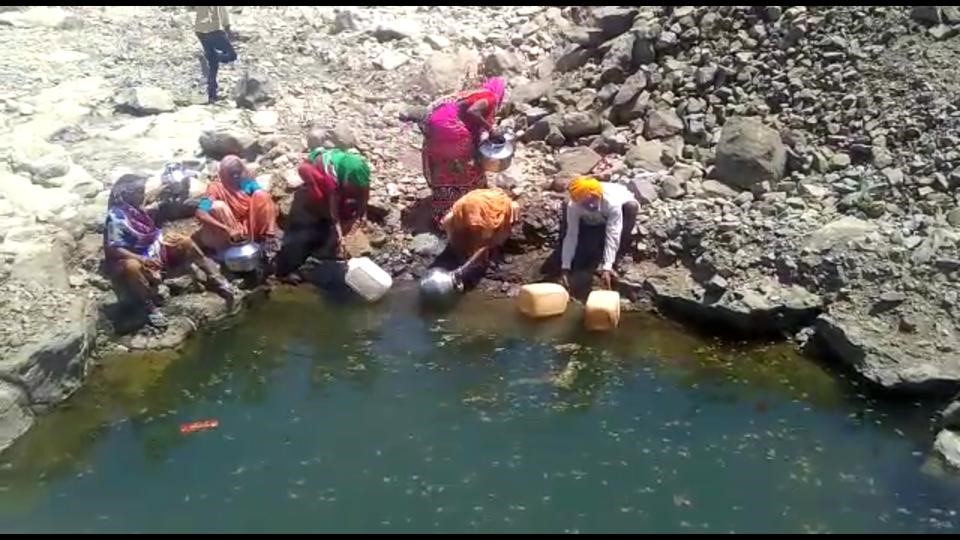The Hardships of the Dalit Community
May 1, 2017 | Expert Insights

On the 30th of April, Agar Malwa district of Madhya Pradesh, the upper caste villagers poured kerosene into a well used by the Dalits, as a Dalit man had hired a band party to welcome the groom in his daughter’s wedding. Since they could not consume the well water, the Dalits dug a hole on the banks of the Kalisindh River for an alternate source of supply. The police authorities in the region had assured that two borewells would be built for them so that they do not face similar problems in future. The word ‘Dalit’ comes from a Sanskrit term which means oppressed or downtrodden. They are the outcastes falling outside the traditional four tier caste system of the Brahmin, Kshatriya, Vaishya, and Shudra. They are considered impure because of the menial tasks they are bound to do. One out of every six Indians in a Dalit, who are considered as untouchables and are denied the basic human rights granted to every citizen of India. In the Indian Constitution, they are referred as the Scheduled Caste or the Scheduled Tribe.
Prevention of Atrocities act 1989
Also known as the Scheduled Caste and Scheduled Tribe Act, this Act aims at abolishing untouchability and providing justice to these communities so that they can live without the fear of violence or superiority.
It was amended in 2015, the salient features of which were the establishment of Special Courts for speedy disposal of cases, prevention of social and economic boycott and other stringent provisions to prevent atrocities on the Dalits.
What have the Dalits done in reaction?
The above incident depicts the caste fault lines in our country. To fight against the upper caste oppressors legally and socially, a union called ‘Megh Sena’ was formed in 2016 by thousands of Dalit people in Madhya Pradesh. The union is informed about any atrocity done on a Dalit, which is then informed to the local police and immediate action is taken. It has various wings such as Mahila Wing, Youth Wing, Student’s Wing, Media Wing; etc which helps to uplift the community by empowering education. Its achievement and role can be assessed only after a few years. Crime against SCs in India had gone up by 17% in the year 2013, which includes murder, rape, abduction, dacoity, etc. Uttar Pradesh and Bihar are the top states where the maximum crimes against the SCs are committed.
Assessment
37% of the Dalits in India live below the poverty line, because of which they are extremely vulnerable to slavery, human trafficking, child labor, physical violence and other forms of exploitation. Their educational hardship is reduced by reservations provided to them at institutions, but it is not completely free from the dominance of the upper caste. The government has taken actions to increase the household amenities and increase their per capita income, which has bought about a bit of progress in establishing an equal position for them in the Indian society. However their struggle to achieve social equality still continues due to unequal access to opportunities of employment and education.








Comments